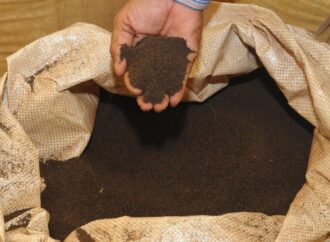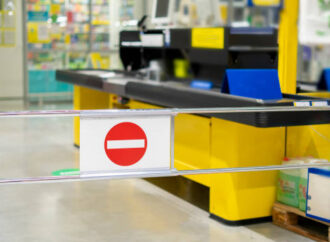Report
Small grocery shops in Saudi Arabia, locally known as Baqalas, are no longer allowed to sell certain products, including tobacco, dates, meat, and fruits and vegetables, according to a new directive from the Ministry of Municipal and Rural Affairs and Housing. The measure, issued by Minister Majed Al-Hogail, aims to restructure the retail sector while improving public health and safety standards. The new regulation takes effect immediately, though current retailers will have a six-month grace period to meet the requirements.
What the New Rules Say
Under the updated regulations, grocery shops or Baqalas, kiosks, and mini markets must stop selling:
- Tobacco products (traditional cigarettes, e-cigarettes, and shisha)
- Dates
- Meat
- Fruits and vegetables
These items will now be limited to sale at:
- Supermarkets, which must have a special licence for meat sales
- Hypermarkets, which can sell all these items without additional permits
Meanwhile, grocery stores may continue to sell items such as charger cables and prepaid recharge cards.
Space Requirements Revised
The regulations also set new minimum space requirements for each category:
- Grocery stores: minimum of 24 square metres
- Supermarkets: at least 100 square metres
- Hypermarkets: minimum of 500 square metres
Impact on Retailers and Consumers
Thousands of small baqalas or grocery stores across Saudi Arabia could feel the heat, as many have traditionally depended on selling tobacco, fresh produce, and dates. Store owners may need to rethink their inventory and consider expanding their premises if they want to continue stocking the now-restricted items under a new classification. For shoppers, the rule change may reduce the convenience of picking up fresh products at local stores. However, officials say the tighter regulations will improve food safety and product handling in larger, more closely supervised outlets. The Ministry has announced that inspectors will oversee compliance during the six-month adjustment period. After that, violators may face penalties, including fines and potential shutdown orders.
Source: Khaleej Times
 Food Manifest
Food Manifest 
















